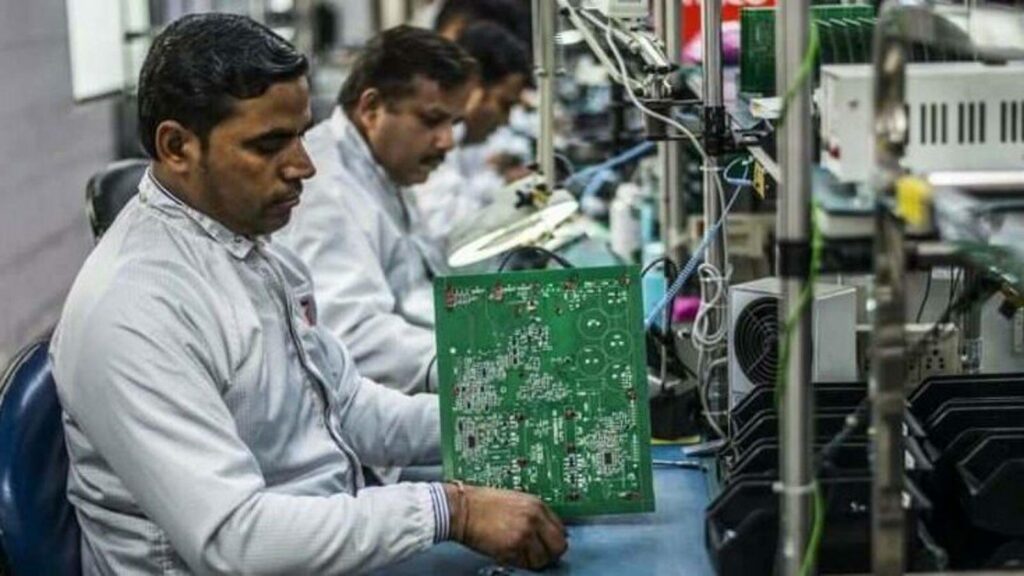
A trade association representing major electronic manufacturers such as Asus, Dell, Google, Canon, and Dixon has appealed to the Indian government to introduce a production-linked incentive (PLI) scheme for electronic components and wearables. In a letter to S. Krishnan, the Secretary of the Ministry of Electronics and Information Technology, the Manufacturers Association for Information Technology (MAIT) emphasized that such incentives would not only boost exports but also enhance large-scale production capacity and attract investment in the electronics sector.
MAIT’s members, which include notable companies like Harman, Konica Minolta, and 3M, argued that a PLI scheme for hearables and wearables would help meet the government’s ambitious export targets. Dixon, one of the association’s members, manufactures laptops in India for Lenovo.
This appeal aligns with the Ministry of Electronics and Information Technology’s plans to introduce similar PLI schemes for the broader electronics ecosystem. Senior officials have indicated that the government will initiate a consultation process for a potential electronics components PLI after the current Lok Sabha elections conclude.
“For the component PLI, we should consider a unified PLI for electronics rather than sector-specific schemes to build a robust electronics industry. Focusing solely on one sector in the past has limited the effectiveness of the component PLI for mobiles,” MAIT’s submission stated, as seen by Moneycontrol.
The industry body also recommended that India’s forthcoming cybersecurity strategy align with international partners’ legislative or regulatory frameworks to create secure global supply chains and enhance collective security.
“The rise of global value chains and India’s PLI and Make in India initiatives have significantly boosted the country’s global trade, particularly in electronics and ICT sectors. At MAIT, we believe that for India to fully integrate into global supply chains, regulatory adjustments encouraging global investment and local company participation are crucial,” said Rajkumar Rishi, President of MAIT.
“As more companies consider investing in Indian manufacturing, we foresee accelerated growth in output, exports, and the overall economy. Developing a robust cybersecurity strategy is a top industry priority,” Rishi added.
Additionally, MAIT presented specific recommendations to various ministries and departments, including the Prime Minister’s Office, Ministry of Commerce and Industry, Ministry of Finance, and the Department of Telecom. The suggestions included:
– Supporting Ease of Doing Business initiatives.
– Considering tariff reforms to promote competitiveness and large-scale manufacturing.
– Opening investment limit enhancement under PLI for telecom.
– Excluding the telecom and electronics sectors from section 65A applicability to optimize the Manufacturing and Other Operations in Warehouse (MOOWR) scheme for these industries.
These recommendations aim to foster a conducive environment for electronics manufacturing in India, thereby strengthening the sector’s global position and economic impact.